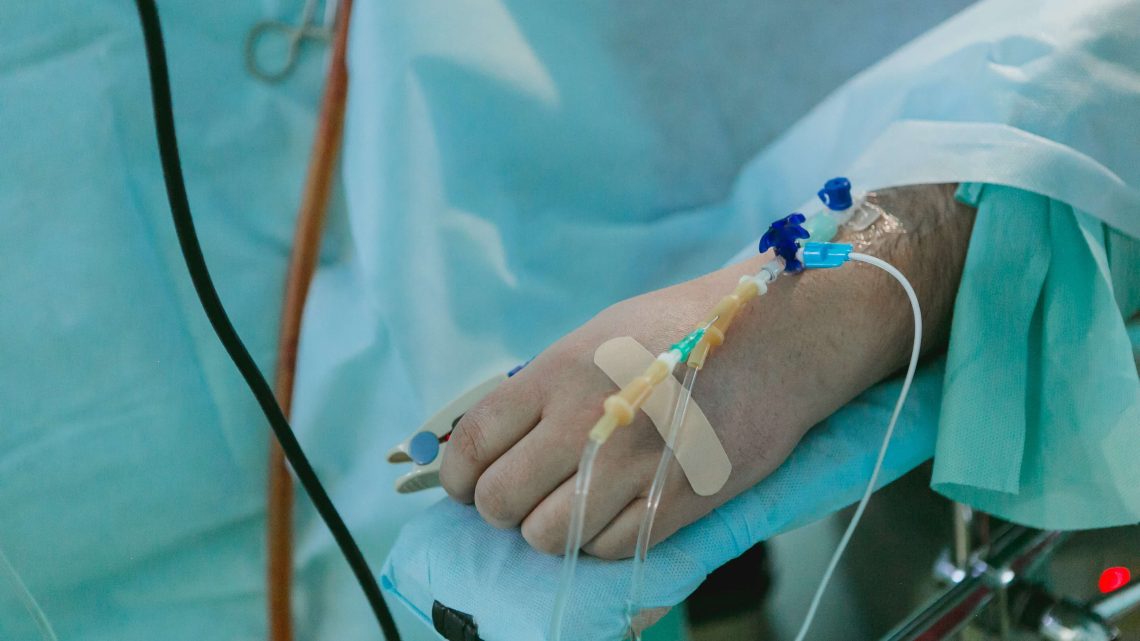Medical malpractice incidents are perhaps more common in the United States than one might expect. Fierce Healthcare published a study in 2017 indicating that over half of the 4,000 doctors surveyed were facing or had previously been charged in a medical malpractice lawsuit. In fact, more than half of the doctors who were sued had faced more than one lawsuit.
The consequences of a doctor or medical practitioner’s mistakes can vary wildly. Some instances of medical malpractice can be rectified without causing lasting harm to the victim, while others can have life-changing or even fatal results. Research undertaken at John Hopkins Hospital indicates that medical errors cause approximately 250,000 deaths per year. The study ranks medical malpractice as the third most common cause of death in the U.S., behind heart disease and cancer.
When we visit a hospital or doctor’s office, we trust that we are going to receive professional care that improves our quality of life and helps us overcome ailments. Fortunately, this is the experience of many patients across the nation. At the same time, it’s important to keep in mind that medical practitioners may make mistakes, the same as any other working professional. In this article, we discuss five types of medical malpractice that are not particularly common, so you can better understand if you or a loved one have been impacted by such an error.
Air Embolism
What it is: Air embolisms occur when air bubbles enter a victim’s artery or vein and block it. The air bubbles may then travel to the lungs, brain, or heart and lead to a stroke, heart attack, or respiratory failure. An air embolism may occur naturally through no fault of a medical team; lung trauma, scuba diving, and proximity to an explosion are all capable of causing this rare condition.
However, medical malpractice commonly plays a role when a victim suffers an air embolism. A catheter, IV, or syringe can accidentally inject air into a patient’s veins, causing life-threatening or fatal complications. Doctors and nurses are trained not to allow air into a patient’s arteries and veins during surgical and medical procedures, and they must be able to recognize and treat an air embolism if it occurs.
Potential symptoms*: Joint or muscle pains and aches, chest pain, blurry vision, itchy skin, irregular heartbeat, low blood pressure, anxiety, seizures, tremors
What to do if an air embolism is suspected*: The victim should lie flat horizontally and travel to the hospital in an ambulance, which allows them to remain in a horizontal position. Doctors may use a variety of methods to confirm whether the victim is suffering from an air embolism, including physical examinations, imaging tests, and x-rays.
Anesthesia Error
What it is: In the past, surgeries used to be carried out without any form of anesthesia. Nowadays, anesthesia is used during surgical procedures to alter a patient’s concepts of pain and sensation, thus making the process much more bearable. Like all other forms of drugs, improperly used anesthetics can cause significant harm. Youman & Caputo indicates that a victim can experience breathing difficulty, malignant hyperthermia, or postoperative cognitive dysfunction when anesthetics are used at an incorrect dosage for the patient.
Potential symptoms: Confusion, persistent ringing sound in the ears, blurred vision, abnormal pulse, heart arrhythmia, seizures, or blood pressure complications following the application of anesthetics
What to do if anesthesia complications are suspected: If you feel unwell following a medical procedure involving anesthetics, contact your doctor immediately and seek medical care. Do not wait for your symptoms to worsen.
Delayed Diagnosis
What it is: Many health problems can be effectively treated or mitigated if they are detected quickly enough. When a medical practitioner fails to diagnose or treat a patient’s symptoms correctly, they can suffer serious injuries as a result. Although a doctor can theoretically fail to diagnose any illness, some of the most mishandled conditions are cancer, heart attacks, and strokes.
Potential symptoms of a stroke: Sudden and abnormal numbness or weakness in the face, arm, or leg (especially on one side of the body), confusion, inability to speak, inability to see in one or both eyes, inability to walk, loss of balance, or lack of coordination
Potential symptoms of a heart attack: Sudden and abnormal chest pain or tightness, shortness of breath, jaw pain, neck pain, back pain, feelings of weakness or light-headedness, or pain in the shoulders or arms
Potential symptoms of cancer: Coughing, chest pain, breathlessness, changes in bowel habits, bloating (lasting three weeks or longer), growing lumps on your body, moles, sudden weight loss, heartburn or indigestion, yellow or itchy skin, or extreme tiredness and exhaustion
What to do if you suspect you’ve been misdiagnosed: It can be incredibly frustrating to feel as though your doctor is dismissing or incorrectly misinterpreting your concerns. Document all of your symptoms carefully, including when and how they occur. Speak to your primary care provider, using your documented list of symptoms to explain exactly how you are feeling. If you believe they are still not taking you seriously, seek a second opinion with a specialist familiar with the kinds of symptoms you are experiencing.
Fatal Allergic Reaction
What it is: Many people are allergic to specific foods, insect stings and bites, or substances. However, some people may also be allergic to specific medications. If a doctor does not review a patient’s medical history carefully or undertake the proper steps of determining what allergies they have, they may prescribe a drug that causes a lethal allergic reaction. General anesthetics, aspirin, antibiotics, and non-steroidal anti-inflammatory drugs (NSAIDs) may all cause an allergic reaction, depending on the specific patient.
Potential symptoms: Reactions on the skin (hives and itching), swelling across the body, dizziness, clammy skin, a weak and rapid pulse, loss of consciousness, vomiting, nausea, or diarrhea
What to do if you suspect you’re having a drug-related allergic reaction: Anaphylaxis is an incredibly dangerous medical condition that requires immediate care. Call 911 and get to an emergency room right away. Emergency room doctors may use epinephrine, along with steroids, to combat the allergic reaction. If this treatment method does not work, a tube may be inserted into the victim’s nose or mouth to help them breathe.
Blood Contamination
What it is: Blood transfusions may be necessary when a person is undergoing a substantial medical procedure. With blood screening, blood typing, and modern scientific systems, blood transfusions should be relatively safe. However, careless collection procedures can result in a tainted blood transfusion. Possible consequences of a tainted transfusion include HIV, Hepatitis B, Hepatitis C, an iron overload, graft-versus-host disease, or Variant Creutzfeldt-Jakob disease.
Potential symptoms: Fever, pain, nausea, anxiety, tachycardia, dyspnea, hypotension, kidney dysfunction, flank pain, bloody urine
What to do if you suspect you’re the victim of a tainted blood transfusion: It is incredibly challenging for a victim to determine that they are receiving a dangerous blood transfusion. The doctor or medical staff should be monitoring the patient throughout a procedure and, at the first sign of an issue, should stop the transfusion. The medical team should then confirm the patient’s identity, verify that the product bag being used is correct, and monitor the victim’s vital signs.
Speak to a Medical Malpractice Lawyer Today
If you’ve been harmed due to a doctor, nurse, or other medical practitioner’s careless or negligent actions, the most important thing is getting the treatment(s) you need to restore your health. Once you have recovered, speak to a medical malpractice attorney in your area to determine your legal options for compensation.
* Please note that this article offers a general overview of medical malpractice situations that can arise and should not be construed as medical or legal advice. If you feel unwell or suspect that you are the victim of medical malpractice, seek emergency care at once.




No Comment